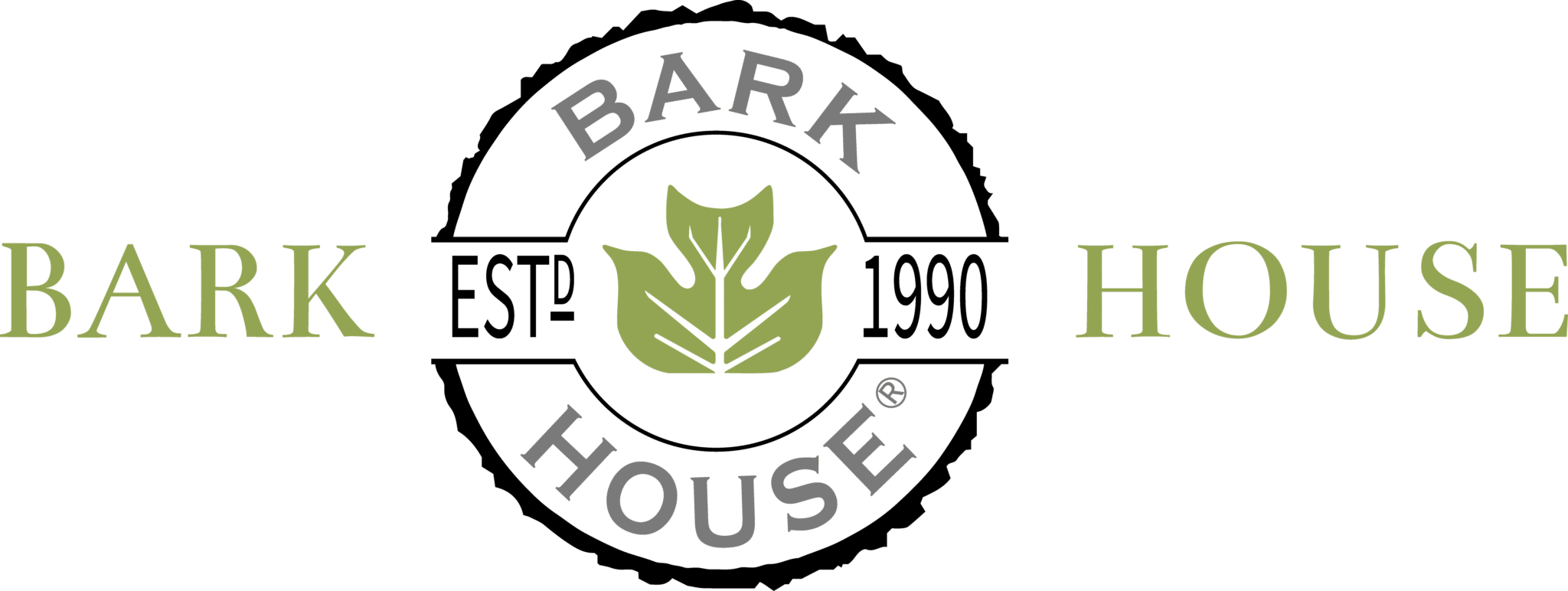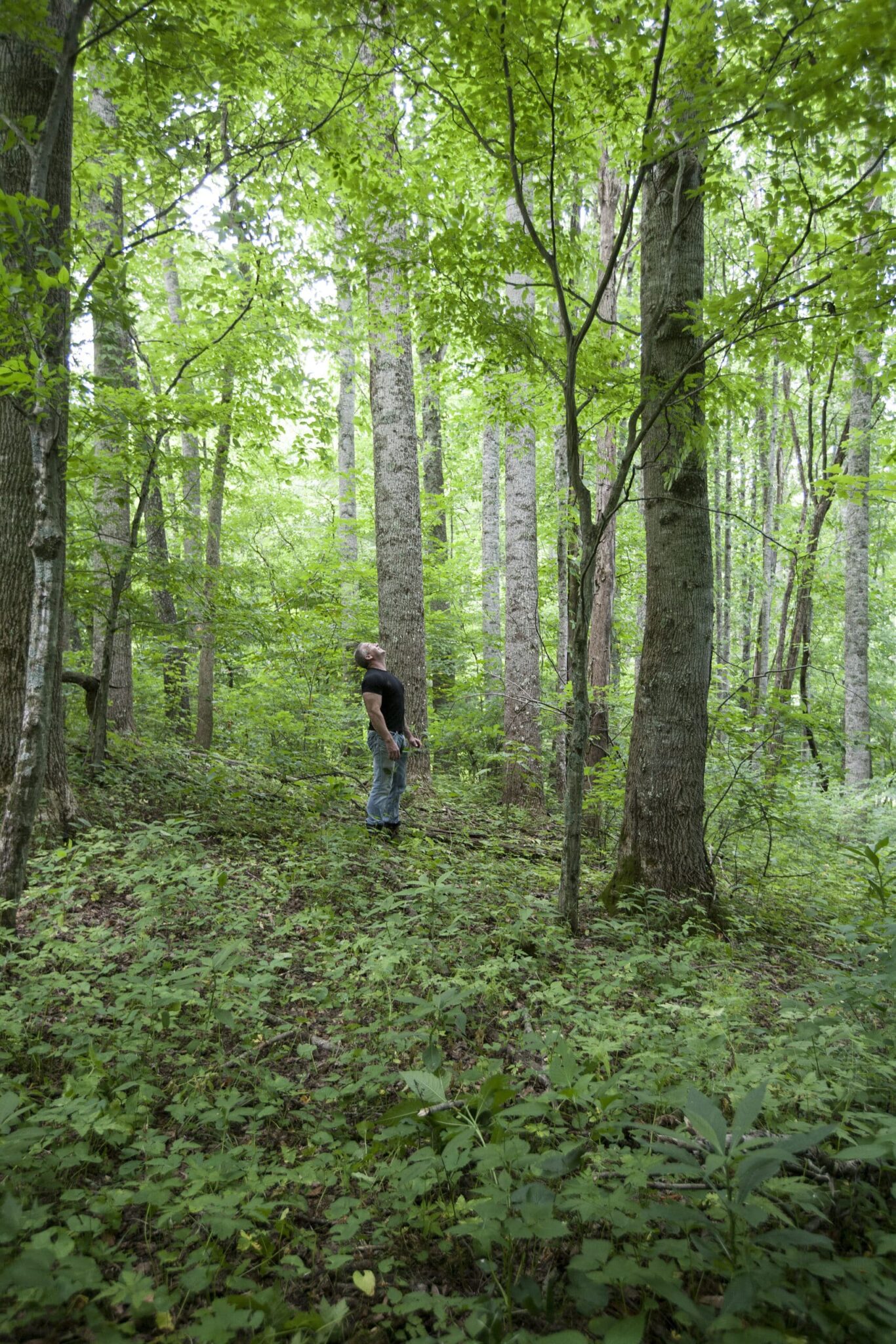Bark House® Exterior Poplar Bark Shingles and Wall Panels
Q: What does it mean to clients for this company to have the first Cradle to Cradle Certified™ PLATINUM products?
A: Open and Transparent Certification means that clients have Third Party verification from Cradle to Cradle® that products are made in fundamentally better ways. PLATINUM is the highest standard in that strategy and reflects five points: Material Health, Reutilization, Water Stewardship, Renewable Energy and Carbon Management, and Social Equity.
We offer quality, authenticity and depth at every level that clients and the people we work with choose to engage with us.
Some people love the great look and quality of the bark. That alone engages them to integrate it in unique designs in their buildings. In doing so, they have increased the power of their purchase because we share with the community. (Barkitecture)
Some people want to know more about the processes that we follow in business and manufacturing. In doing so, they learn more about how their decision enhanced biodiversity and ecology. (Read Here)
Still others connect with the purpose behind what we are doing. In doing so, they actively participate in building whole communities. (Within Bark House)
Bark House® has bridged product (shared prosperity), process (planet) and purpose (people) beautifully – making us a “best of the best” team and a REGENERATIVE company.
B E A U T I F U L
Outside and Within™
PROCESS / PLANET / ECOLOGY
(Summary)
Inspired by nature; continually reusing materials that are biological nutrients; sourced and manufactured locally; healthy materials; renewable energy; carbon neutral; water stewardship initiatives.
(Detail)
- Inspiration: Our work was inspired by patterns in nature found in the Blue Ridge region first, and continued to be informed by our travels to 30 other countries.
- Material Reutilization: We upcycle RAW™ (Recycled Appalachian Wood Waste) from the logging industry. The bark from trees would have gone unused. The trees have a disposition such as saw mills for furniture substrates, plywood and laminates. These trees would have been cut without the bark ever being used if not for BH@HC and our clients. Appalachian forests (where our product is exclusively sourced) have been designated “sustainable” within the specific parameters of growth to removal ratio over the past 50 years by the US Forest Service Inventory. Yellow poplar is widely dispersed across the bulk of the Appalachian chain and can be the dominant species in many areas. At the end of the usefulness of the bark, it is a clean biological nutrient and can be returned back to the earth as a nutrient or taken to Recycling Centers that have Demolition and Construction Recycling Infrastructure (Circular Economy). The manufacturing waste is also a clean biological nutrient. It is ground and used on mining sites as a method of soil stabilization and a biological nutrient.
- Local: 90% of the materials are sourced within 50 miles of the facility and 100% within 500 miles. Appalachian forests designated “sustainable” within the specific parameters of growth to removal ratio over the past 50 years by the US Forest Service Inventory. All products are crafted onsite in Spruce Pine, NC.
- Healthy Materials: Bark is 100% natural and passes California Air Quality VOC Standards. It is naturally designed to provide protection from weather, fire, bugs and other exposures. No chemical protectants or additives are required for the life of the product – up to 80 years for exteriors.
- Renewable Energy and Carbon Management: 100% of the electricity used in product manufacturing is renewable solar power, generated at this facility. The CO2 emissions generated throughout the entire poplar bark supply chain and the on-site manufacturing are offset at greater than 100% because bark locks in Carbon and is now being used in buildings as opposed to biodegrading in nature (which also releases CH4 greenhouse gas). Our vendors are made up of small crews and small crews have a lighter impact in the forest as researched by the Land Conservation Foundation in Virginia. Crews log small tracts – usually no greater than 10 acres in any given area. The process of harvesting the material is largely performed with human energy.
- Water Stewardship: No water is used in poplar bark shingle and panel manufacturing. The “Industry” sector norm uses 5% of US fresh-water. The company participates in several Water Stewardship Initiatives including the Toe River Valley Coalition, Casting For Hope, Fishing With Wounded Warriors, stream bank restoration, etc.

